Lab Equipment and Instrument Calibration
Home » Calibration
At Biotechnical Services, Inc. (BTS) we offer one of the most comprehensive lab equipment calibration services in the industry today. Our mission is to provide accurate, timely, documented calibrations which a customer can trust. We have a full-service ISO 17025 A2LA Accredited and ISO 9001:2015 AMS Certified calibration laboratory dedicated to providing premier instruments calibration services for a quality experience.
Our immediate service area includes San Diego, CA but we also cover all of California including San Francisco and Los Angeles, and other locations in Arizona, Nevada, and Utah as well (zone travel charges will apply to remote locations). With mail-in, pickup, delivery, and on-site services available for all common laboratory equipment, we are sure that you’ll be satisfied with the delivery, detail, and documentation our calibration department will provide you.
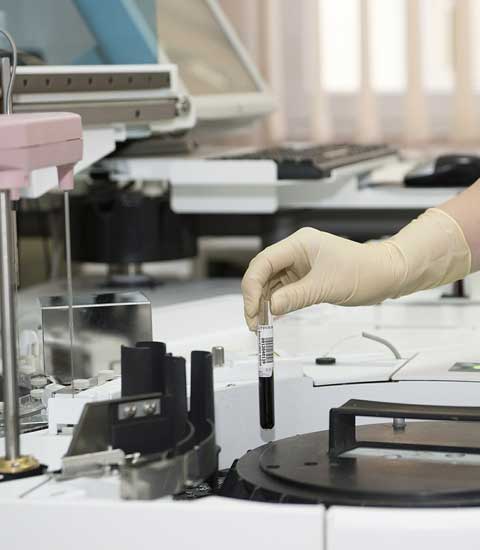
Why equipment calibration is required for your lab.
The lowest cost lab equipment calibration service provider may not be the lowest total cost to your business. Like many businesses, calibration service providers operate and compete based on profit margin. The less time they spend calibrating an instrument, the less they need to charge, and the more competitive they appear to be on paper. Calibration providers should have the financial resources, technical expertise, and commitment to meet customer expectations and needs.
We at Biotechnical Services, Inc. (BTS) located in San Diego, CA are an ISO/IEC 17025 accredited and ISO 9001 certified instrument calibration company with more than 31 years of experience. We use comprehensive procedures to specify uncertainty levels for calibration standards, determine pre-calibration steps to ensure proper equipment operation, and define the required calibration points used to verify your instrument’s full range of operation. Contact us today and get our services in:
- San Diego (CA)
- San Francisco(CA)
- Los Angeles (CA)
- Arizona
- Nevada
- Utah
Our Customers
Biotech
Pharmaceutical
Academic Labs
Aerospace
Food Industry
Equipment We Calibrate
All General Lab Equipment
- Freezers
- Refrigerators
- Liquid handlers
- Spectrophotometers
- Balances
- Plate Readers
- Autoclaves
- Incubators
- Centrifuges
- HPLC
- Thermal Cyclers (PCR)
- Pressure Gauge
- Torque Testers
- and much more!
Weights Balance Scale Calibration
Importance of Balance and Scale Calibration
Balances and scales are very delicate laboratory instruments.It’s important to calibrate them on a regular basis. If you use a balance or scale for any of your measuring you know how accurate and precise it must be for the desired results. Over time and with continuous use the unit can become dirty and unreliable. Biotechnical Services, Inc. (BTS) located in San Diego, CA is here to ensure that your balances and scales are well maintained and accurate so that your science can progress as desired. Our weights/balance/scale instrument calibration processes which include our ISO 17025 A2LA Accreditation and ISO 9001:2015 AMS Certification will give you the confidence and assurance that you equipment will be calibrated correctly, all with the proper documentation included, are ready for your science.
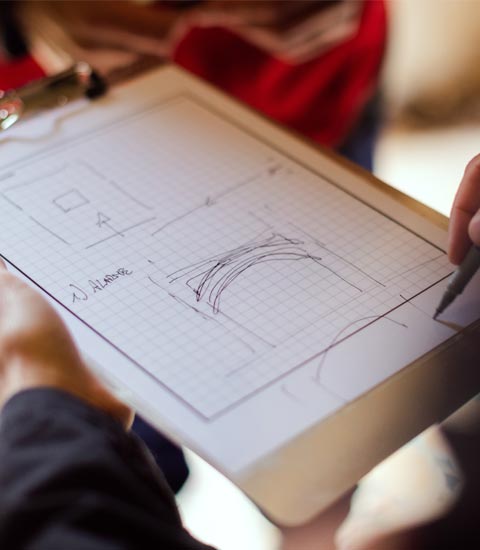
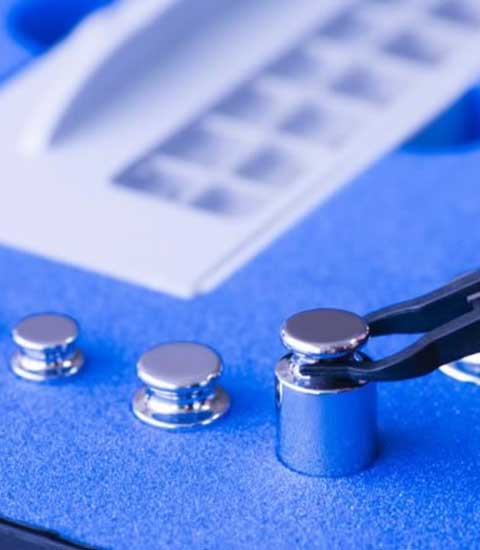
Why Calibrate, How Often, and What's Tested?
Calibration ensures that your equipment is performing optimally according to manufacturer’s specifications. Frequent calibration may be necessary depending on many factors which could include environmental conditions, vibrations, heavy usage, lack of use and the instrument being moved often. At BTS when we perform any weight/balance/scale calibration we run any internal calibration of the unit as well as perform an external calibration using NIST calibrated weights. With our 31+Years of experience in instrument calibration, you can trust BTS with any weight/balance/scale calibration you may have.
Pressure Gauge Calibration
Pressure Gauge Reading Inaccurately
At times, even the highest quality pressure gauge instruments are subject to drift, resulting in inaccurate measurements and poor performance. Hence, pressure gauge instrument calibration is imperative to get the most precise results in your science. When allowed, pressure gauges that are critical to your processes can drift out of specification, damage your results, and might be a risk to employee safety as well. We at Biotechnical Services, Inc. want to ensure that your pressure gauges read accurately, are calibrated regularly, and your employees are safe from harm.
Contact or visit us for equipment calibration services in San Diego, San Francisco, and Los Angeles in California, along with Arizona, Nevada, and Utah.
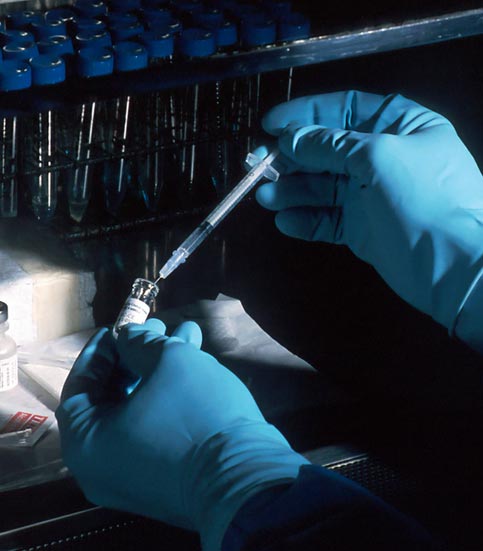
Real-Time PCR Instruments
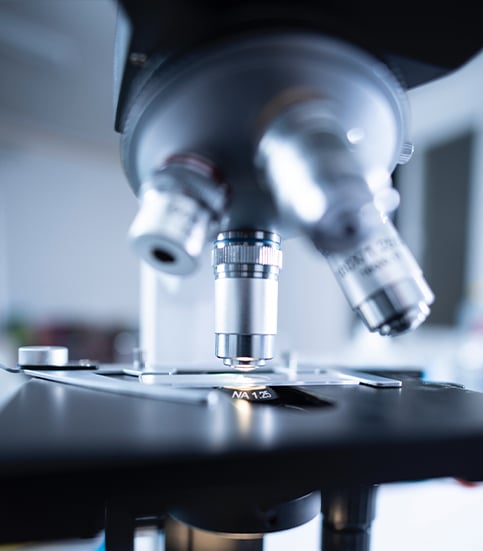
Calibration Service for Real-Time PCR Instruments
BTS is now able to offer calibration services for various real-time PCR instruments mentioned below. This service is critical to ensure that the instrument continues to perform at the highest possible level, and that the data it produces is accurate and repeatable. Since the light source changes over time, it is recommended that the halogen-based instrumentation be calibrated every six months, and LED-based be calibrated annually. The calibration procedure is identical to the manufacturer’s recommendations.
A. Real-Time PCR Instruments Covered:
Quant Studio 3, Quant Studio 5, Quant Studio 6, Quant Studio 7, Quant Studio 12K (non-OA), 7300, 7500, 7500 Fast, Step One, Step One Plus, and the ViiA 7.
PM Service for Real-Time PCR Instruments
The PM service for real-time PCR instruments includes the above calibration procedures, but also adds additional steps (which vary slightly by model) as well as additional documentation on the protocol and the results. All of the same models are covered as listed above, with the only difference being the price-point and the requirements for the laboratory insofar as regulatory compliance is concerned.
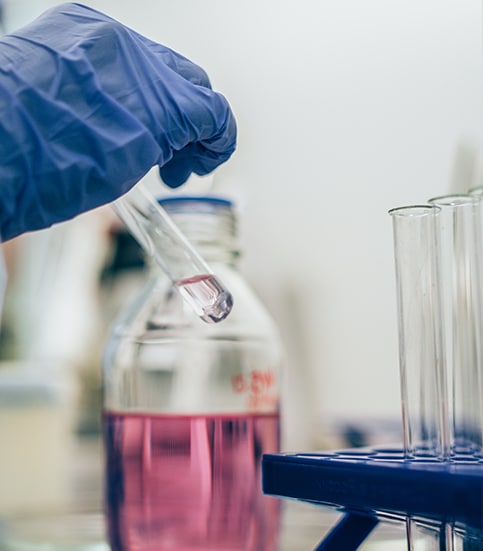
FAQ
In the context of lab research, it typically means adjusting or standardizing your equipment so it can be more precise. This can include marking the graduations on a measuring device, or figuring out how much an instrument deviates from standard and adjusting for that difference.
Calibration is the procedure of comparing a reference with a known error margin against a device (for example a pressure gauge) under test. If the device doesn’t match the reference, then we adjust it to match, or at least come close, the desired measuring accuracy. The reference measurement instrument must be more accurate than the pressure gauge to be calibrated, and it must also be traceable. To calibrate a pressure gauge, we will need to check the values throughout the entire measuring range, zero point, intermediate values, and the full-scale value.
Calibration is a comparison between a known measurement (the standard) and the measurement using your instrument.
It is important to calibrate equipment to help assure accurate measurements and production of quality products with reduced errors and recalls. It is also important to calibrate equipment to foster innovation and the development of new technologies, as accurate measurements are foundational to both.
Instrument calibration and maintenance are an integral part of any operation in manufacturing/ laboratory. and are vital for data quality assurance. Accurate and reliable monitoring results are crucial for data analysis, particularly when the monitoring results are to be compared with the relevant standards or guidelines for compliance purposes, or for population exposure and health risk assessments. Where such analyses lead to air quality policy formulation and the quality of the original data is especially important. This Procedure outlines the basic requirements for the calibration and maintenance of monitoring instruments based primarily on standard monitoring methods. Monitoring agencies should develop their own detailed calibration and maintenance programs appropriate to their data quality assurance goals.

Our customers get FREE access to their assets history through our Cloud Based customer access port (Qualer). Once you are assigned an account you can use the link below to access Qualer’s world-class management software.
Contact us today for a price quote for individual calibrations or e-mail your instrument list for an entire calibration program quotation.
